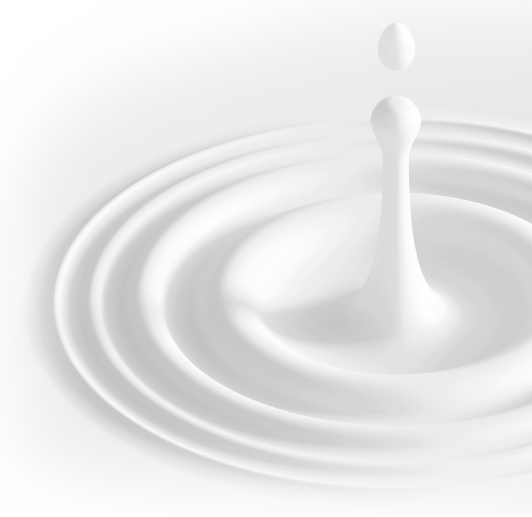Nanocatalysts made of gold nanoparticles dispersed on metal oxides are very promising for the industrial, selective oxidation of compounds, including alcohols, into valuable chemicals. They show high catalytic activity, particularly in aqueous solution. A team of researchers from RUB has been able to explain why: Water molecules play an active role in facilitating the oxygen dissociation needed for the oxidation reaction. The team of Professor Dominik Marx, Chair of Theoretical Chemistry, reports in the high-impact journal ACS Catalysis on 14 July 2020.
Mind the water molecules
In a 2018 study, the RUB group of Professor Dominik Marx, Chair of Theoretical Chemistry and Research Area coordinator in the Cluster of Excellence Ruhr Explores Solvation (RESOLV), already hinted that water molecules actively participate in the oxidative reaction: They enable a stepwise charge-transfer process that leads to oxygen dissociation in the aqueous phase. Now, the same team reveals that solvation facilitates the activation of molecular oxygen (O2) at the gold/metal oxide (Au/TiO2) nanocatalyst: In fact, water molecules help to decrease the energy barrier for the O2 dissociation. The researchers quantified that the solvent curbs the energy costs by 25% compared to the gas phase. “For the first time, it has been possible to gain insights into the quantitative impact of water on the critical O2 activation reaction for this nanocatalyst – and we also understood why,” says Dominik Marx.
The RUB researchers applied computer simulations, the so-called ab initio molecular dynamics simulations, which explicitly included not only the catalyst but also as many as 80 surrounding water molecules.
Additional information
Original Publication: Niklas Siemer, Daniel Munoz-Santiburcio, Dominik Marx: Solvation-enhanced oxygen activation at gold/titania nanocatalysts, in: ACS Catalysis, 2020, DOI: 10.1021/acscatal.0c01326
--------------------------------------
Wasser ist Gold wert für die Nanokatalyse
ACS Cat.: Einige Katalysatoren zeigen eine erstaunlich hohe Aktivität – deutlich begünstigt durch Wasser.
Winzige Goldpartikel, die auf Metalloxide aufgebracht werden, könnten als Nanokatalysatoren für die chemische Industrie dienen – zum Beispiel für die Umwandlung von Alkoholen mittels Oxidation in wertvolle Chemikalien. Die Gold-Metalloxid-Verbindungen zeigen eine hohe katalytische Aktivität, vor allem, wenn sie in wässrigen Lösungen vorliegen. Ein Forschungsteam der RUB hat nun eine Erklärung dafür gefunden: Die Wassermoleküle helfen aktiv bei der Spaltung von Sauerstoff mit, welche für die Oxidationsreaktion erforderlich ist. Das Team um Prof. Dr. Dominik Marx vom Lehrstuhl für Theoretische Chemie berichtet die Ergebnisse in der Zeitschrift „ACS Catalysis“, online veröffentlicht am 14. Juli 2020.
Wasser reduziert Energiebarriere
Bereits 2018 hatte das Team von Dominik Marx, Forschungsbereichskoordinator im Exzellenzcluster Ruhr Explores Solvation (RESOLV), Hinweise darauf gefunden, dass Wassermoleküle aktiv an der Sauerstoffspaltung beteiligt sein könnten. Nun zeigte das Team, dass Lösungsprozesse den molekularen Sauerstoff an der Oberfläche des Nanokatalysators zusätzlich aktivieren. Die Wassermoleküle helfen somit, die Energiebarriere für die Sauerstoffspaltung zu reduzieren. Die Forscher berechneten, dass der Energiebedarf für die Reaktion in wässriger Lösung 25 Prozent geringer ist als in der Gasphase.
Die RUB-Forscher nutzten Computersimulationen, sogenannte Ab-initio-Molekulardynamik-Simulationen, in denen sie nicht nur den Katalysator berücksichtigten, sondern auch 80 umgebende Wassermoleküle.
zusätzliche information
Ausführliche Presseinformation
Originalveröffentlichung: Niklas Siemer, Daniel Munoz-Santiburcio, Dominik Marx: Solvation-enhanced oxygen activation at gold/titania nanocatalysts, in: ACS Catalysis, 2020, DOI: 10.1021/acscatal.0c01326

